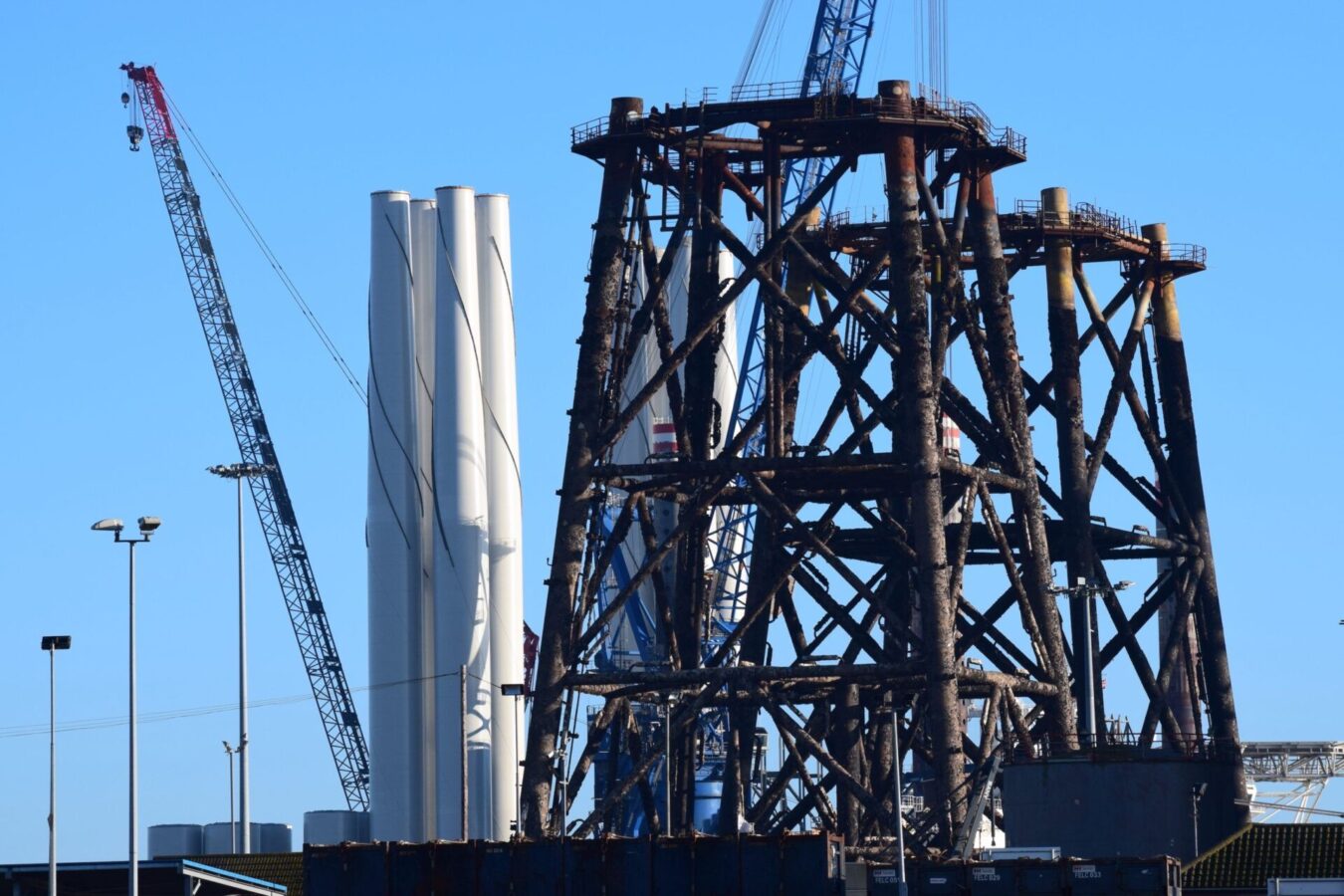Energy Sector Councils
Strength in the east.
A number of Energy Sector Councils (ESCs) have been set up to represent the voices of the varying energy sectors in the region. These ESCs will strengthen the East of England’s position as the UK’s Integrated Energy Exemplar, demonstrating the interrelations between the different energy sectors in East Anglia and allowing the promotion of opportunities within other sectors across our rich energy landscape.
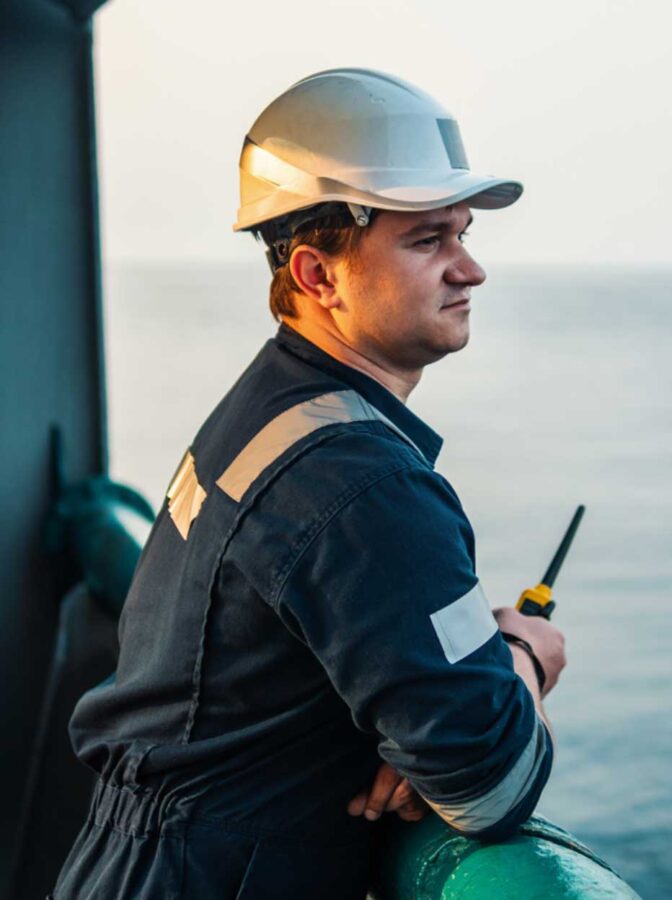
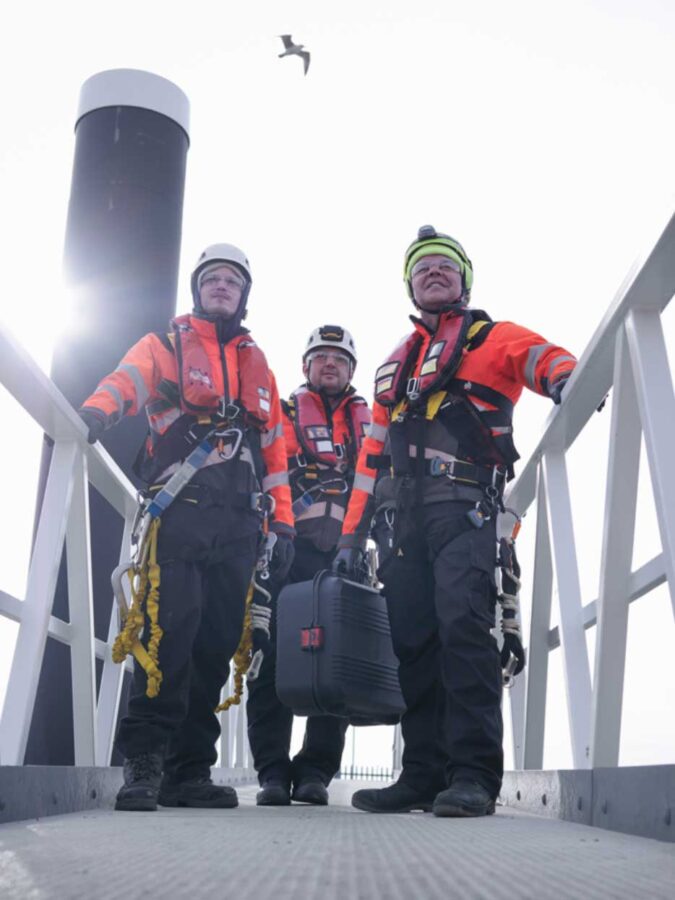
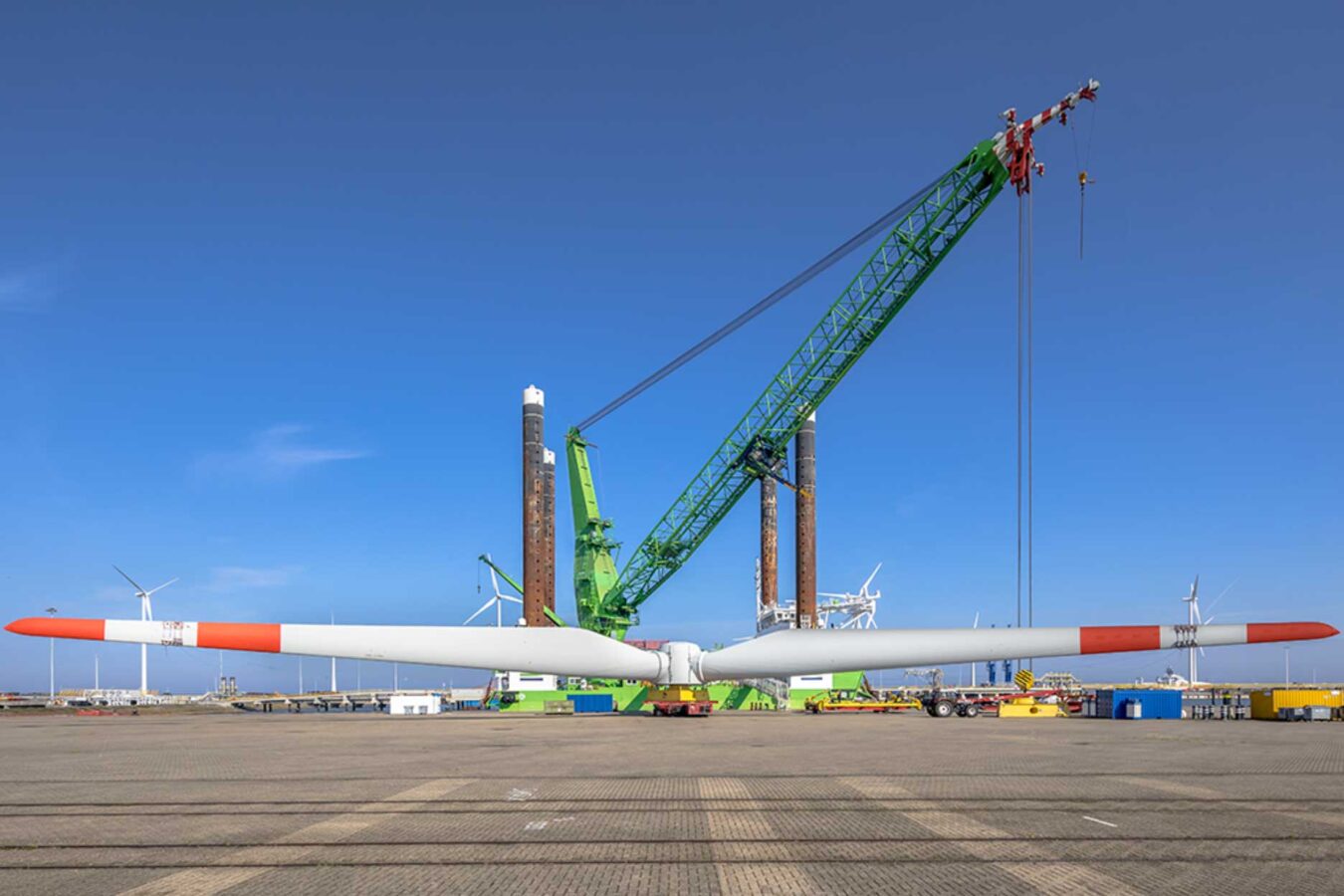
Our region has already established itself as a leader in energy production, with the offshore wind farms off our coasts alone accounting for more than 50% of the UK’s electricity. And with a number of new developers recently granted off the Norfolk, Suffolk, and Essex coasts as well as consent for Sizewell C being granted, we’ve got plenty to shout about.
Fully supported by the East of England Energy Group, the North Sea Transition Authority and the New Anglia LEP, the seven Energy Sector Councils include: offshore wind (East Wind), nuclear, hydrogen, marine science and technology council, net zero energy sector council, onshore renewables, and the North Sea Transition gas sector council.
Many voices are louder than one and the ESCs will be a vehicle by which we can gather real, up-to-the-minute business intelligence
which will be fed straight down into central government and the Department for Business, Energy & Industrial Strategy (BEIS).
Working with NALEP, we’ll collect the data and intelligence from ESCs and feed it directly into BEIS. EEEGR will gather each challenge, each success, and each frustration and ensure our voice is heard.
How can I get involved?
Any business working in the energy industry can join the ESCs and have a contributing part, from tier 1 supply chain companies through to SMEs, large developers to start ups. You don’t have to be an EEEGR member, and it is open to anyone regardless of job seniority.
We’re banging the drum for a region that is perfectly positioned to lead the way in energy integration, with a huge wealth of generation that supports UK PLC as well as massive economic places of importance like the south-east and London. And as recent reports from the Offshore Wind Industry Council (OWIC) suggest, we’re looking at 60,000 jobs in offshore wind alone by 2030 and, with the announcement of Sizewell C, another 20,000 skilled jobs during its construction.
For any further information on EEEGR or on becoming a member of an Energy Sector Council or SIG, please contact:
Karen Freeman
Energy Sector Councils Projects Manager
karen.freeman@eeegr.com
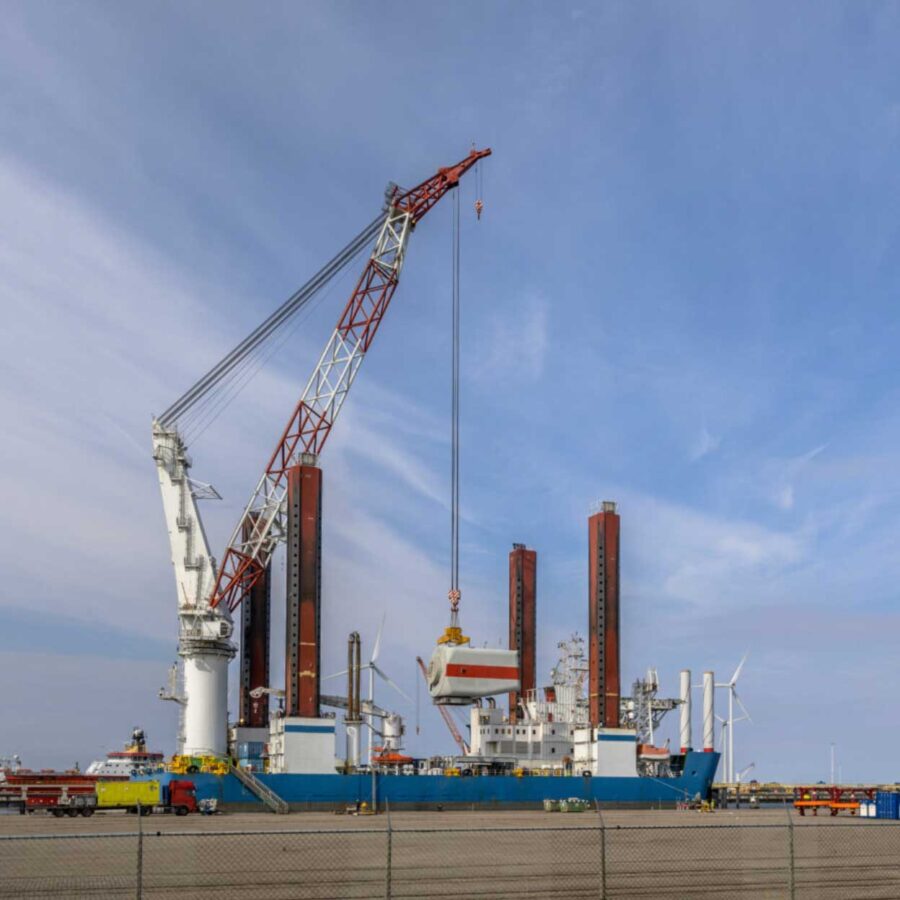
EastWind (Offshore Wind)
EastWind, the East of England’s offshore wind cluster, is made up of more than 180 members from the sector.
The steering committee features representatives from major offshore wind developers including RWE and ScottishPower Renewables, as well as the UK’s leading ports group Associated British Ports (ABP) and the region’s specialist energy consultancy, Opergy.
Member forums are held quarterly. In 2022, three task groups were created to support with pressing issues:
- Innovation
- Skills
- Communications & Outreach
To view the latest project news, updates, a list of Sector Council members or to get in touch, please visit the EastWind Website.
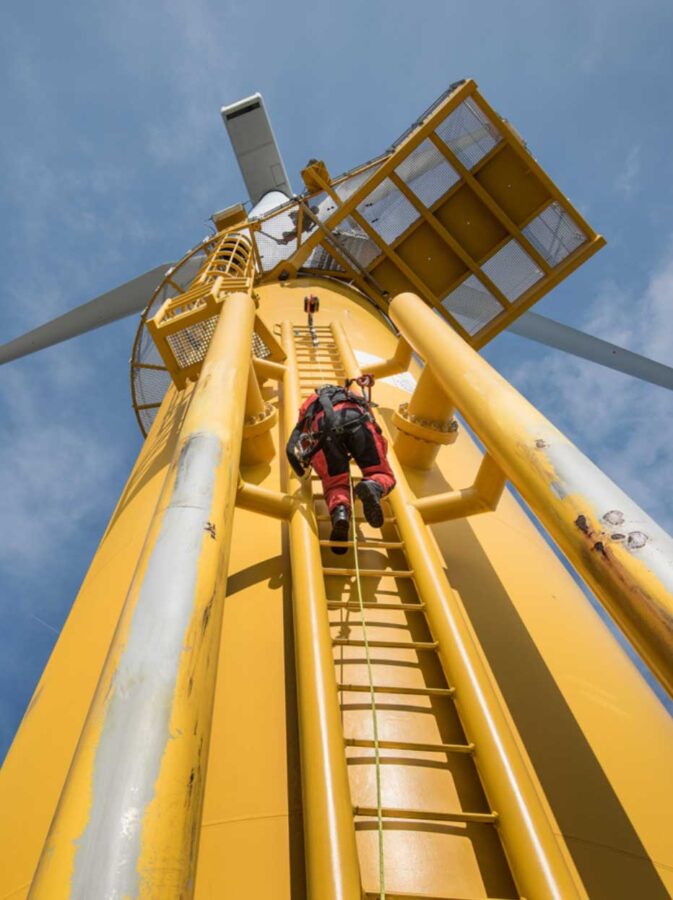
The cluster’s key aims include:
Promoting the strengths of offshore wind in the eyes of the various stakeholders, including but not limited to National Government; local and regional authorities; the UK’s offshore wind developers; the UK and Europe’s offshore wind OEM’s and Tier 1 contractors; the local, regional, and national offshore wind supply chain; academia and schools; local communities
Providing a vibrant business development forum in the region connecting the supply chain with developers, OEM’s and Tier 1 contractors
Providing a forum for the region’s offshore wind sector to share learning, promote ideas and innovation and to generally network.
Acting as a local voice and advocate for offshore wind matters and form a ‘centre of gravity’ for offshore wind in the region, including local promotion where appropriate
Liaisoning with other UK offshore wind clusters to share our own best practice and take advantage of lessons learned in other regions
Promoting collaboration between EastWind members and encourage further partnership and collaboration
Connecting EastWind members to suppliers of technical training services, safety training organisations and skills development providers.
Marine, Science, and Technology
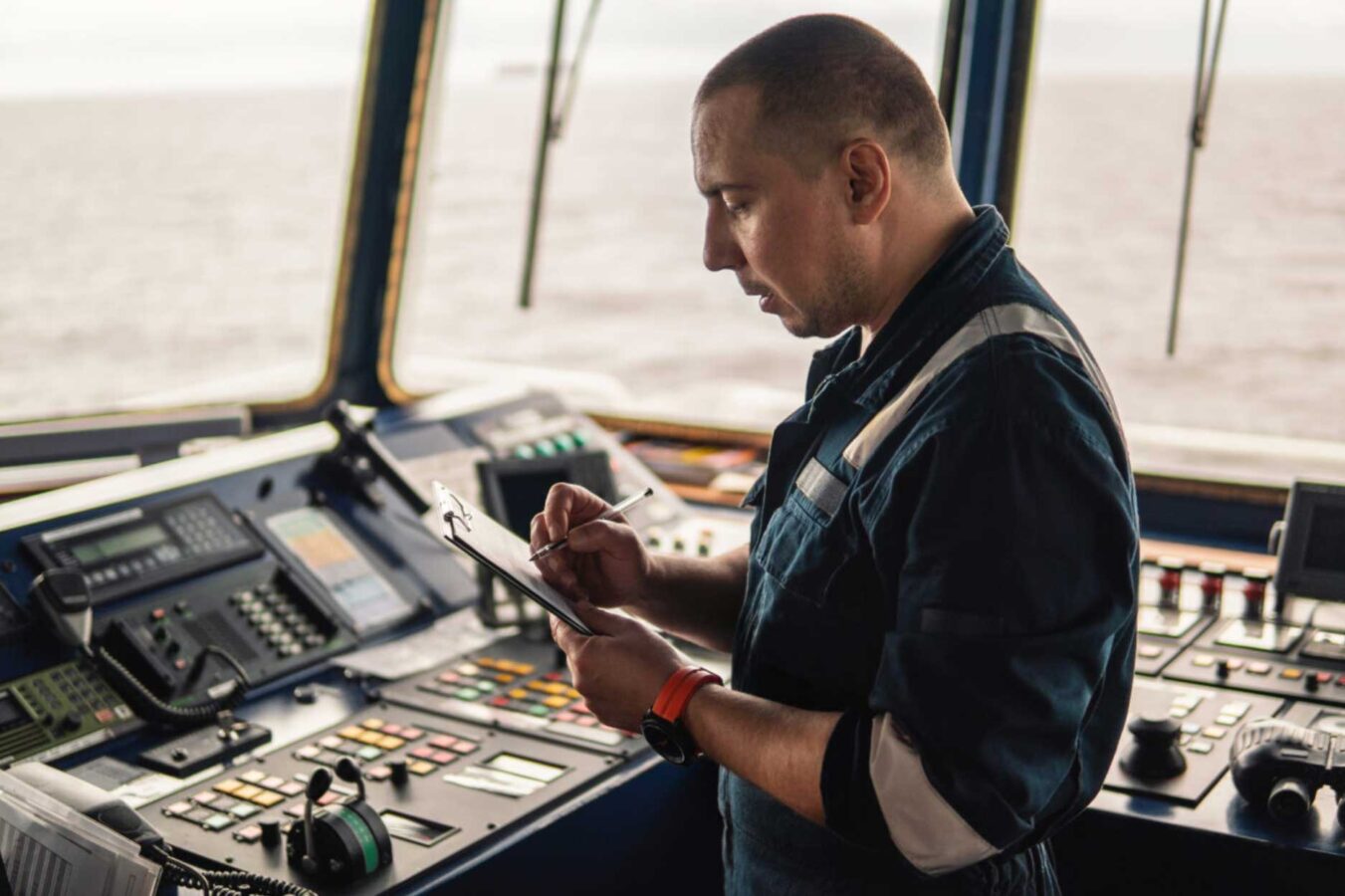
Created for companies involved in marine, science, and technology, this council has recently expanded to cover an additional three specialist areas: agriculture, aquaculture, and space. This ensures a complete representation of the services contributing to the industry in the East of England.
The steering group is made up of industry professionals from private and public sector companies including Cefas, plus academic institutions such as the University of East Anglia.
Members of the sector council include global survey providers, world-class academic institutions, and many SMEs providing innovative and bespoke solutions to the industry.
To view the latest project news, updates, a list of Sector Council members or to get in touch, please visit the Marine, Science & Technology Website.
The key objectives of the sector council include:
Providing a powerful voice that represents the Marine Science and Technology capabilities and views of organisations in the East of England.
Providing a platform to secure new business opportunities for those organisations.
Promoting the East of England as a “Centre Of Excellence” both nationally and internationally for Marine Science & Technology.
Driving innovation by promoting links and encourage cooperation between businesses and research organisations in the field of Marine Science and Technology.
Supporting relevant education and training in the East of England to build the skills base to meet the needs of a growing and evolving marine science and technology sector.
Increasing funding and investment for marine science and technology in the East of England
Identifying and commission a limited and focussed number of Work Groups which promote the on-going development of Marine Science and Technology developing new services, improving HSSE and driving down costs.
Hydrogen
The East of England Hydrogen Sector Council was launched in 2023. Managed by Hydrogen East, EEEGR is a strategic partner of the ESC to ensure our members are kept informed of upcoming developments and initiatives.
In 2021 the North Sea Transition Authority (NSTA) commissioned the Bacton Energy Hub to conduct a feasibility study on the potential of Bacton becoming a hydrogen production site by 2030. These Special Interest Groups (SIGs) has been overseen by EEEGR’s Energy Sector Council’s Project Manager.
The ESC’s overall aim is to establish a sustainable hydrogen economy in region and ensuring Bacton remains a key regional energy hub with a low carbon future.

“EEEGR has played a pivotal role in ensuring the development and prosperity of the energy sector in the East of England, having facilitated and assisted in numerous business start-ups, trade deals, networking events, and trade exhibitions.”
– Blair Ainslie, Managing Director, Seajacks
SNS GAS Transition
The SNS Gas Transition Energy Sector Council has been established to focus on the ongoing hydrocarbon production operations in the region. The focus of this council is on regional gas production operations today for the purpose of supporting UK gas demand. This will provide energy security whilst enabling the ongoing energy transition.
The Gas Sector Council will complement other EEEGR regional sector councils by focusing on the following key areas:
- Net Zero Operations
- Maximising Economic Recovery (MER)
- Reuse, Repurposing, and Decommissioning
- Enabling the Energy Transition
The key objectives of the council include:
Provide a collaborative platform to tackle industry issues and maximise opportunities in the UKSNS
Promoting local skills and capabilities both within and outside the region surrounding GAS Transition Operations
Attracting inward investment and create opportunities and connections surrounding GAS Transition both in region and out.
Promoting collaboration from both within and / or outside the area and create an awareness or good practice, technological advancements and cost reduction initiatives with other regions and neighbouring countries.
Establish and utilise sub workgroups to tackle specific objectives surrounding all focus areas to benefit all stakeholders.
Interface and work closely with other sector councils as appropriate on areas of common interest. Promote and maintain the relevance of current gas operations as the critical energy carrier to enable the energy transition over the next 10 years.
Onshore Renewables
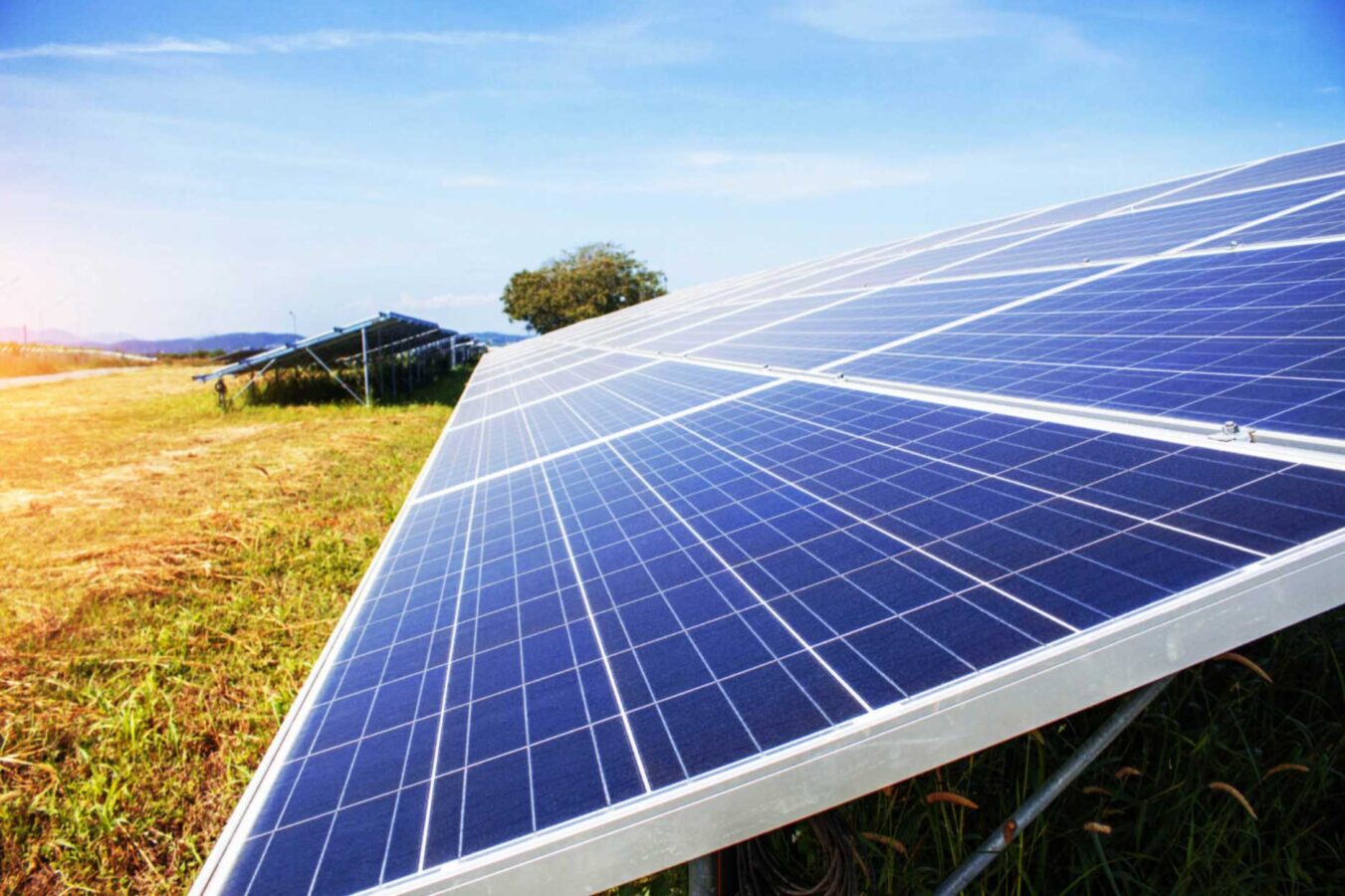
Q: Onshore renewables?
A: Any energy collected from land-based resources that are naturally replenished, such as sunlight, wind, rain, and thermal energy together with recoverable energy that originates from a renewable source.
Our most recently launched Energy Sector Council, encompassing
Onshore Wind; Biomass; Solar; Storage; Hydro; Anaerobic Digestion / Waste to Energy; Green Hydrogen; Geothermal
The key objectives of the council include:
The key focus for the council is on regional onshore development of onshore renewables. supporting energy transition in the UK’s efforts to decarbonise onshore infrastructure.
Providing energy security whilst enabling the energy transition.
Attract investment and economic growth to the region
Decommissioning
The potential decommissioning opportunity for the region is huge, particularly onshore dismantling with an anticipated 40 individual offshore structures to be removed from the Southern North Sea over the next decade.
Find out more about what the East of England has to offer the decommissioning sector here.
